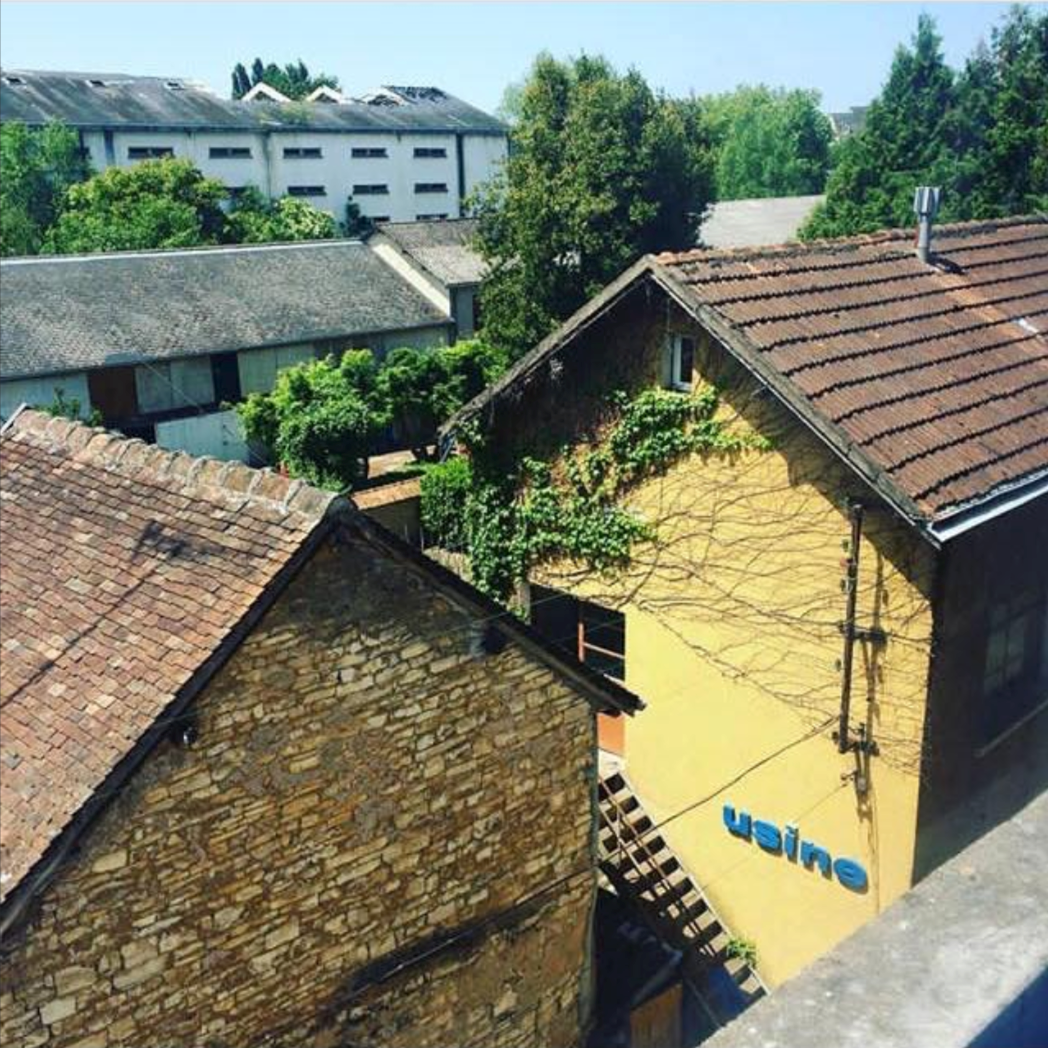Vous êtes ici :
- Unité de recherche
- CY Héritages
- Accueil
- L'UMR
- Équipe
- Doctorant.es
Juliette Passilly

Courriel : passillyjuliette[at]gmail.com / passilly.juliette[at]courrier.uqam.ca
CV de Juliette Passilly
Date d'inscription
Septembre 2021
Directrices de recherche
Sous les directions de Cécile Doustaly (Héritages, CY) et Lucie. K. Morisset (UQAM), et le co-encadrement de Véronique Dassié (Héritages, CY)
Intitulé de la thèse
Requalification urbaine en contexte post désindustriel : effets des politiques culturelles et de l’affection patrimoniale. Pour une proposition de revalorisation culturelle de Châteauroux
Résumé de la thèse
Ce travail de thèse couplant études patrimoniales et anthropologie questionne la désindustrialisation comme facteur de rupture socio-culturelle, son impact sur les mémoires collectives et individuelles, ainsi que les rapports des communautés concernées au territoire et à leur patrimoine.Cette analyse prend pour point de départ la ville de Châteauroux, nouvelle métropole située en plein cœur du Berry, qui connut successivement le départ des communautés américaines dans les années 1960 et la fermeture massive de ses industries. Depuis, ce territoire est marginalisé dans l’imaginaire collectif et peine à trouver un nouvel équilibre entre l’urbanité de la métropole et la ruralité de la campagne berrichonne, entre le retour à une production artisanale et la persistance de certaines industries. Les jeux de regards internes/externes et les considérations universalisantes opèrent un déficit d’image dans la perception des habitants de leur territoire et de leur héritage matériel et mémoriel. Cette dégradation des attentions et de l’affectation accordées au patrimoine pose deux questions centrales : pourquoi certains se mobilisent-ils quand d’autres semblent indifférents au patrimoine qui les entoure ? Comment, après avoir identifié ces points de tension, élaborer des stratégies de requalification et de revalorisation ?
Ce projet poursuit l’objectif de mieux comprendre les phénomènes, les effets et les limites de la reproductibilité des modèles dans les politiques et les pratiques publiques entre villes et entre pays, en regard d'autres cas français, britanniques et québécois. Nous questionnerons la notion de patrimoine universel et l’impact qu’elle produit sur les territoires et leurs populations en situation de post-désindustrialisation, qui peuvent être marginalisés par ces canons.
Résumé de la thèse en anglais
This thesis work, combining heritage studies and anthropology, questions deindustrialization as a factor of socio-cultural rupture, its impact on collective and individual memories, and the relationships between communities concerned, their territory and their heritage.This analysis takes as its starting point the city of Châteauroux. It is a new metropolis located in the heart of Berry, which successively experienced the departure of American communities in the 1960s and the massive closure of its industries. Since then, this territory has been marginalized in the collective imagination and has trouble finding a balance between the urbanity of the metropolis and the rurality of the Berrichonne countryside, between the return to artisanal production and the persistence of certain industries. The internal/external glances and universalizing considerations operate at a deficit of image in the perception of the inhabitants of their territory and their material and memorial heritage. This degradation of attention and the affectation provided to heritage raises two central questions: why, when some residents are mobilized, others seem indifferent to the heritage around them? After identifying these points of tension, how can strategies for requalification and revaluation be developed?
The objective of this project is to better understand the phenomena, effects and limitations of model replicability in public policies and practices, between cities and nations, in relation to other French, British and Quebec cases. We will question the notion of universal heritage and the impact it produces on territories and their populations in post-deindustrialization situations, which can be marginalized by those canons.



